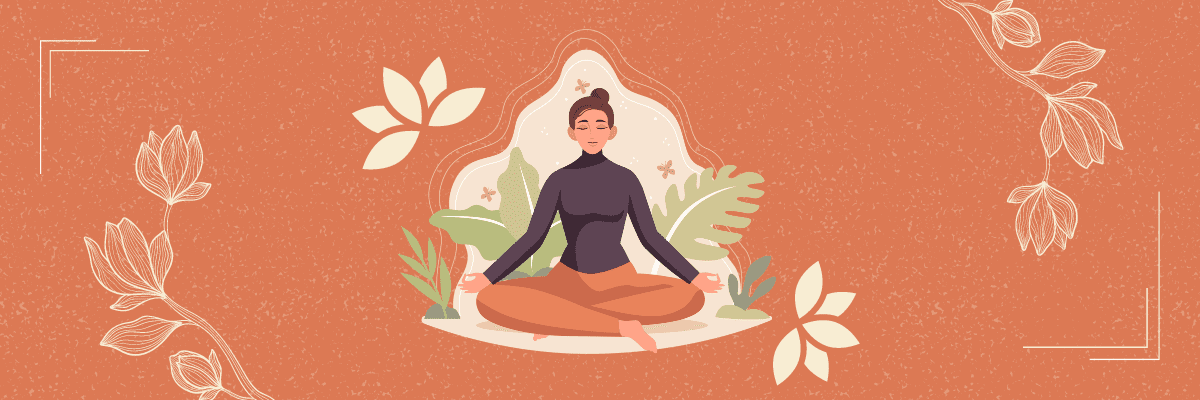
What is Vata Dosha Characteristics
Vata dosha, one of the three primary constitutions in Ayurveda, is characterized by qualities of movement, change, and dynamism. It embodies the elemental forces of air and space, reflecting traits such as lightness, coldness, dryness, and variability. Individuals with a dominant Vata constitution tend to be creative, enthusiastic, and quick-thinking. They possess a lively imagination and are often drawn to artistic pursuits. However, when Vata becomes imbalanced, it can lead to symptoms such as anxiety, insomnia, digestive issues, and fluctuating energy levels. Balancing Vata dosha involves nurturing routines, grounding activities, warm nourishing foods, and practices that promote stability and relaxation.
What are Vata dosha symptoms ?
Imbalance in Vata dosha can manifest in various symptoms across physical, emotional, and mental realms. Some common symptoms associated with Vata imbalance include:
Physical Symptoms:
- Dry or rough skin
- Constipation or irregular bowel movements
- Joint pain or stiffness
- Weight loss or difficulty gaining weight
- Cold hands and feet
- Digestive issues such as gas and bloating
- Fatigue or variable energy levels
- Irregular menstruation or menstrual cramps
Emotional and Mental Symptoms:
- Anxiety or nervousness
- Insomnia or difficulty sleeping
- Restlessness or feeling scattered
- Difficulty focusing or concentrating
- Mood swings or sudden changes in mood
- Fearfulness or insecurity
- Overwhelm or feeling overwhelmed by stimulation
It’s important to note that these symptoms can vary from person to person, and not all individuals with a Vata imbalance will experience all of them. Additionally, symptoms may fluctuate depending on the degree of imbalance and other factors such as lifestyle, diet, and environmental influences. Ayurvedic approaches to balancing Vata dosha typically involve adopting routines, dietary adjustments, herbal remedies, lifestyle practices, and stress-reducing techniques tailored to address individual needs and restore equilibrium. Consulting with an Ayurvedic practitioner can provide personalized guidance in managing Vata imbalances effectively.


